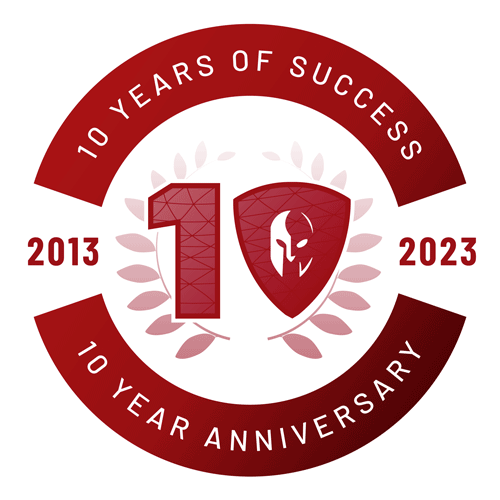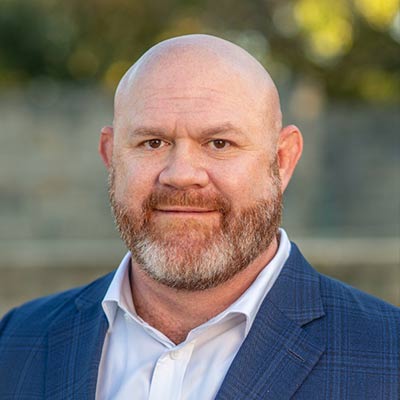Introduction
In an era where digital transformation is ubiquitous, the persistence and evolution of cyber threats pose significant challenges for organizations across industries. The recent cyberattack on UnitedHealth, a leading healthcare provider, exemplifies the relentless nature of these threats and underscores the critical importance of robust cybersecurity measures.
Overview of the UnitedHealth Breach
In early 2024, UnitedHealth experienced a massive cyberattack that resulted in significant financial and operational damage. The breach, costing the company approximately $872 million, involved sophisticated ransomware that disrupted services and compromised sensitive patient data. The attack highlights not only the financial repercussions but also the broader implications for patient trust and regulatory compliance (TechRadar) (SecurityWeek).
Anatomy of the Attack
The UnitedHealth breach was characterized by several advanced tactics that illustrate the evolving threat landscape:
1. Ransomware Deployment
The attackers used sophisticated ransomware to encrypt critical systems, rendering them inoperable and demanding a hefty ransom for decryption keys. This tactic effectively paralyzed UnitedHealth’s operations, highlighting the devastating impact ransomware can have on essential services (TechRadar).
2. Data Exfiltration
In addition to encrypting data, the attackers exfiltrated sensitive patient information, including personal identification and medical records. This dual-threat approach of encryption and data theft is becoming increasingly common, as it provides attackers with multiple leverage points for extortion (TechRadar).
3. Advanced Persistent Threats (APTs)
The attack involved the use of advanced persistent threats, where the attackers maintained a prolonged and stealthy presence in UnitedHealth’s network. This allowed them to meticulously plan and execute their attack, ensuring maximum disruption and financial gain (SecurityWeek).
Lessons Learned from the UnitedHealth Breach
The UnitedHealth breach offers several critical lessons for organizations aiming to bolster their cybersecurity defenses:
1. Importance of Proactive Security Measures
Organizations must adopt proactive security measures, including continuous monitoring, threat hunting, and incident response planning. These measures can help detect and mitigate threats before they escalate into full-blown attacks.
2. Robust Data Protection Strategies
Ensuring robust data protection through encryption, access controls, and regular backups is essential. In the case of a ransomware attack, having secure backups can significantly reduce downtime and recovery costs.
3. Employee Training and Awareness
Human error remains a significant vulnerability in cybersecurity. Regular training and awareness programs can help employees recognize phishing attempts and other social engineering tactics that often serve as the entry point for attackers.
4. Collaborative Defense Efforts
Collaboration with cybersecurity experts, law enforcement, and industry peers is crucial in responding to and recovering from cyberattacks. Sharing threat intelligence and best practices can enhance the overall security posture of the industry.
Broader Implications for Cybersecurity
The persistence of cyber threats, as demonstrated by the UnitedHealth breach, necessitates a continuous and evolving approach to cybersecurity. Organizations must stay ahead of attackers by leveraging the latest technologies and methodologies:
1. Advanced Threat Detection
Utilizing advanced threat detection tools, such as machine learning and artificial intelligence, can help identify and respond to threats more quickly and accurately.
2. Zero Trust Architecture
Adopting a Zero Trust security model, which assumes that threats could come from both outside and inside the network, can help protect critical assets by continuously validating access requests and enforcing strict access controls.
3. Supply Chain Security
Given the increasing complexity of supply chains, organizations must ensure that their partners and vendors also adhere to stringent cybersecurity practices to prevent third-party breaches.
Conclusion
The UnitedHealth breach serves as a stark reminder of the persistent and evolving nature of cyber threats. By adopting proactive security measures, fostering a culture of security awareness, and leveraging advanced technologies, organizations can enhance their resilience against cyberattacks and protect their critical assets and data.
The lessons learned from this breach underscore the necessity of continuous vigilance and adaptation in the face of an ever-changing threat landscape. As cyber threats continue to evolve, so too must our strategies and defenses to safeguard the digital future.
By examining the UnitedHealth breach in detail, we gain valuable insights into the persistent nature of cyber threats and the essential strategies needed to combat them. This case study not only highlights the vulnerabilities but also showcases the critical importance of robust and proactive cybersecurity measures.
Get in touch with us
Secutor Cybersecurity is a trusted partner comprised of industry leading experts in the fields of Cybersecurity and Governance, Risk and Compliance. We partner with our clients to deliver on-demand solutions tailored to expertly navigate the regulatory demands of their specific industries.
Our proven track record of successfully exceeding client expectations is achieved through the combination of our methodical approach, advanced technologies, subject matter experts, and synergy with client team members.
Secutor is your team of world-class problem solvers with vast expertise and experience delivering complete solutions keeping your organization protected, audit-ready, and running smoothly.







